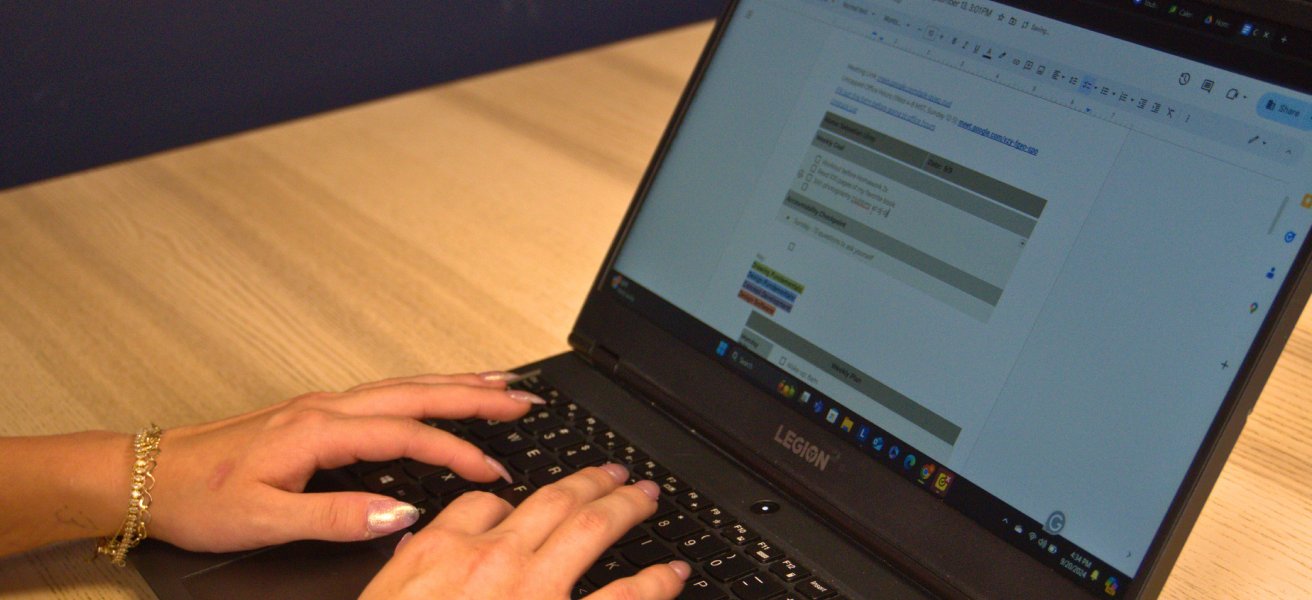Now that the holidays have passed and everyone is returning to their normal routine, it’s time to look at grades and make some adjustments.
With fewer than 40 percent of college freshmen graduating in four years, academic probation is often the first sign of trouble ahead. But, it can also be a much needed wake-up call that many students need to take school seriously and establish habits that can serve them for a lifetime.
“Being organized is not an inherent character trait, but a learned behavior. Kids go from a highly regulated and supportive environment to huge college lecture halls with little guidance. That’s why we created a program to help them make this transition and learn the executive function skills necessary to succeed in college.” Brandon Slade, founder of Untapped Learning, took his middle and high school program and developed a college program curriculum to help with the big adjustment between academic levels.

Here are five tips to help ensure college students turn academic probation into an opportunity. We recommend parents and students discuss the following and create a plan with clear check-in points.
1. Don’t Panic – Poor grades can undermine a student’s self-confidence, but don’t panic! One in five college students has been on academic probation. View this as an opportunity to develop a plan and commit to new habits that will help your student succeed.
2. Establish a Routine – Encourage your student to develop a routine. Consider “Academic Hour,” which is a set amount of time every school night dedicated to homework assignments, studying, getting ahead, etc. On Sundays, students should evaluate the week ahead and schedule time for schoolwork, as well as sports or music practices, professor office hours, peer study sessions, and anything other upcoming commitments they know of. Visualizing the week ahead and planning accordingly is a habit that will serve students far beyond college.
3. Schedule Organization – Every student should create a ritual of organizing their backpack, binders, folders, and Google Drive. Spending a few minutes at least twice a week saves time when students are rifling through their backpacks looking for assignments or trying to find notes from class.
4. Embrace the Importance of Sleep, Diet, and Exercise – Students need to eat a balanced diet and get consistent sleep and exercise to be healthy. It’s difficult to stay on top of your game if you’re tired and worn down. Movement is a key part of engaging the frontal lobe, which maximizes focus before sitting down to work. Before scheduling a big study session, students should plan a walk around campus, a trip to the rec center, or even a jog around the dorm. Plan it with a friend to make it more fun!
5. Accountability – How is your student held accountable? Untapped’s college program helps alleviate the constant battle between parents and students. Parents don’t have to embody the “helicopter” mindset to ensure their student is staying on track – their mentor provides that support. If you can’t work with a mentor program, discuss how students can hold themselves accountable and what support they need in being held accountable by others. Decide on a clear system that works for everyone. For example: set up a bi-weekly or monthly FaceTime call to specifically discuss grades and organization. Instead of “nagging” during regular communication, decide how you can tackle this together during scheduled calls.
Make academic probation the best thing to happen to your student. Use it as a springboard to practice the executive function skills that usually aren’t on a college curriculum, but are necessary to succeed. Being organized is often dismissed as a personality trait rather than a learned behavior, but this simply isn’t true. Help your student master executive function skills and they will find college – and their career – to be much more manageable and enjoyable.
Parenting a child who struggles with executive function can be overwhelming, but you don’t have to navigate this journey alone. Let Untapped help!





